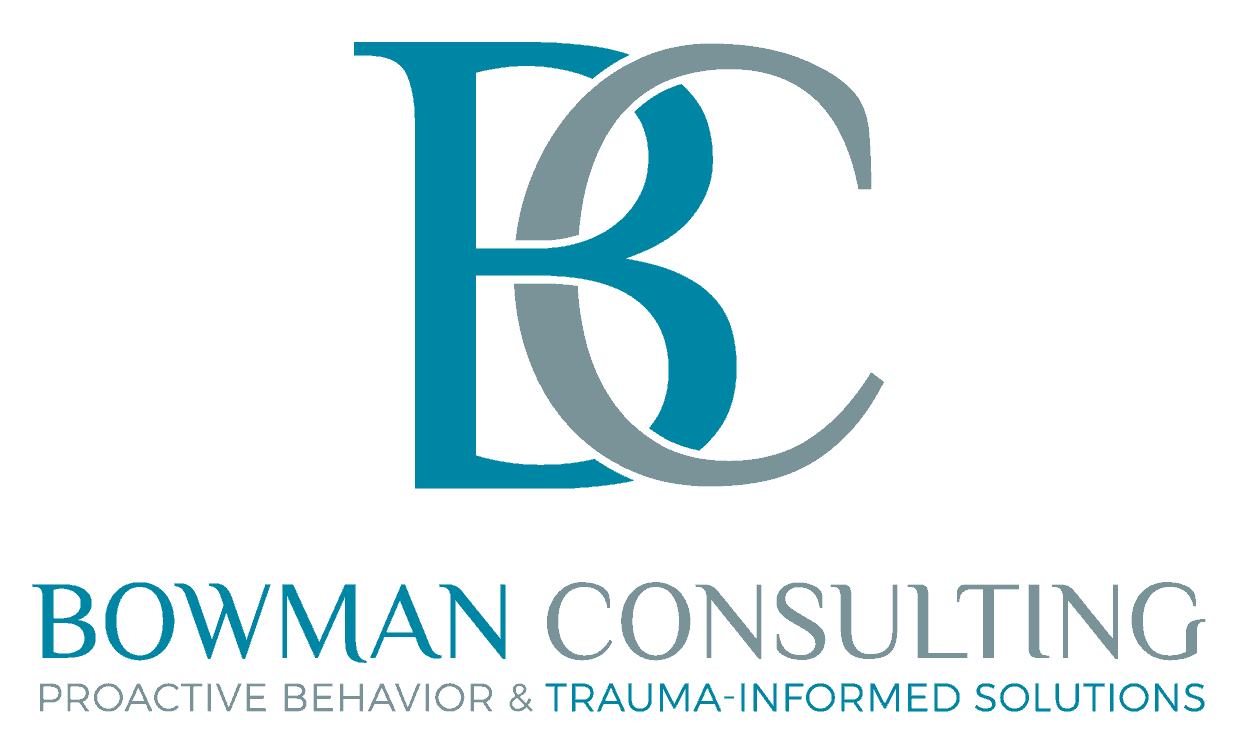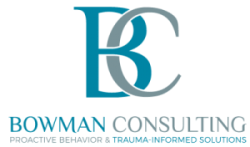
Finding the Right Fit
The agencies and organizations that seek us out are looking for answers based in research and the most current neuroscience to meet the needs of children, youth and adults where other approaches have failed.
We’re probably a good fit for your organization if:
Typical agencies & organizations that we partner with:
Education

Traditional behavioral systems of rewards and consequences have long been effective in schools for students in the bottom 85% of the PBIS triangle. Unfortunately, it is the 5 – 15% who comprise the top of the triangle for whom the vast majority of disciplinary actions are required, and in many cases, this “top of the triangle” continues to grow in size. For these students, no amount of reward or punishment will replace the skills they lack that cause their challenging behavior. Through the use of Collaborative Problem Solving, administrators and staff can assist children in gaining these skills and responding to the behavioral and academic expectations of school in a more adaptive manner. And children who feel like they “belong” at school are much more likely to become a graduate than a drop-out.
Rick and Doris provided several Think Kids CPS Tier I Trainings for our rural district in Eastern Oregon. Each building in our district has sent core teams of 5 or more staff for this informative, workshop. It is changing the way we interact with students and families. Their work in this area has been influential not just within our own district, but with community partners and neighboring districts. Rick and Doris bring “feet on the ground” experience to the research based practices incorporated in the CPS model. This is one of the most effective approaches I have seen for students affected by trauma throughout my career as an educator.
Mental Health/Medical

Mental health and medical professionals deal daily with clients/patients who, for various reasons, engage in interactions that are challenging for those who are serving their mental and physical needs, whether in a residential or outpatient setting. By viewing these challenging interactions as a result of dysregulating physiological mechanisms and under-developed cognitive skills, and by subsequently utilizing the CPS processes that assist in emotional regulation and increase skills, providers can promote the highest level of willingness on the part of the client/patient to engage in the treatment that will promote their highest level of health and well-being.
I first met Rick & Doris Bowman when they were chosen by our agency to conduct our initial roll-out of Collaborative Problem Solving in 2017. Our agency serves the top 2% of children and adults in the state with Intellectual and Developmental Disabilities that have extreme challenging behaviors. I’ve been fortunate to continue to work with them since that time, and they’ve provided the essential feedback and support we have needed to move forward in developing our training infrastructure as Collaborative Problem Solving becomes the core of our engagement when individuals are experiencing crisis. Rick and Doris have been instrumental in mentoring our agency in the right direction to be self-sufficient with capabilities to train Collaborative Problem Solving independently. With this, they have become my mentors in working towards becoming a Collaborative Problem Solving Trainer. As a result of their guidance, training abilities and hands-on approach, I have been able to reach the final stages of becoming a Collaborative Problem Solving Trainer. I truly believe that CPS works for everyone in every stage of life! Without Rick and Doris’s support and being at the forefront to show us the way to incorporate CPS into our agency, we would not have been able to make the level of positive impact we’ve seen with the individuals whom we serve that have some of the greatest needs.
Public Servants – Law Enforcement / Fire / Emergency / Detention / Etc.

Law enforcement officers and other public servants are continually put in a position to have to respond to challenging interactions. Often, those with whom they are in contact are in a state of heightened stress or emotion. In situations like this, possessing the skills of Collaborative Problem Solving can not only prevent situations from escalating into an unsafe scenario, but can also foster a stronger sense of community rapport and mutual respect.
We loved this workshop! There was a lot of information but Doris and Rick broke down the concepts into easy to understand parts and how to apply the theory in a broad range of environments. As a result, we were able to use the concepts immediately to inform our behavior change program and are starting to see a difference in the way our staff communicates with the youth.


